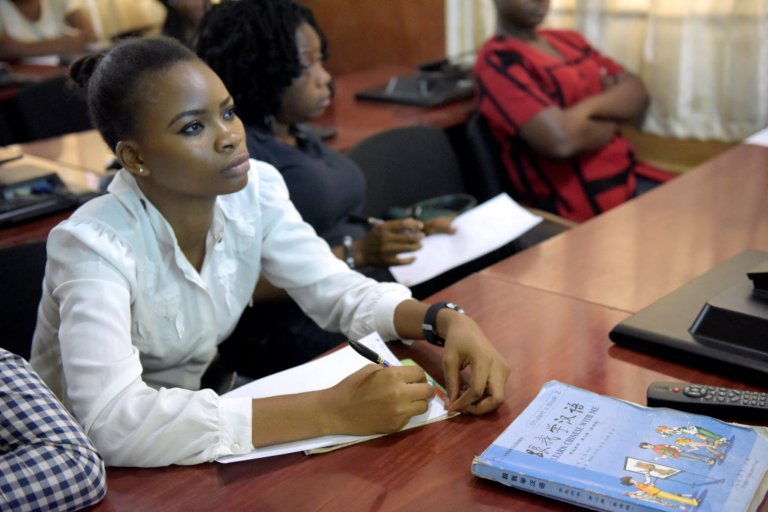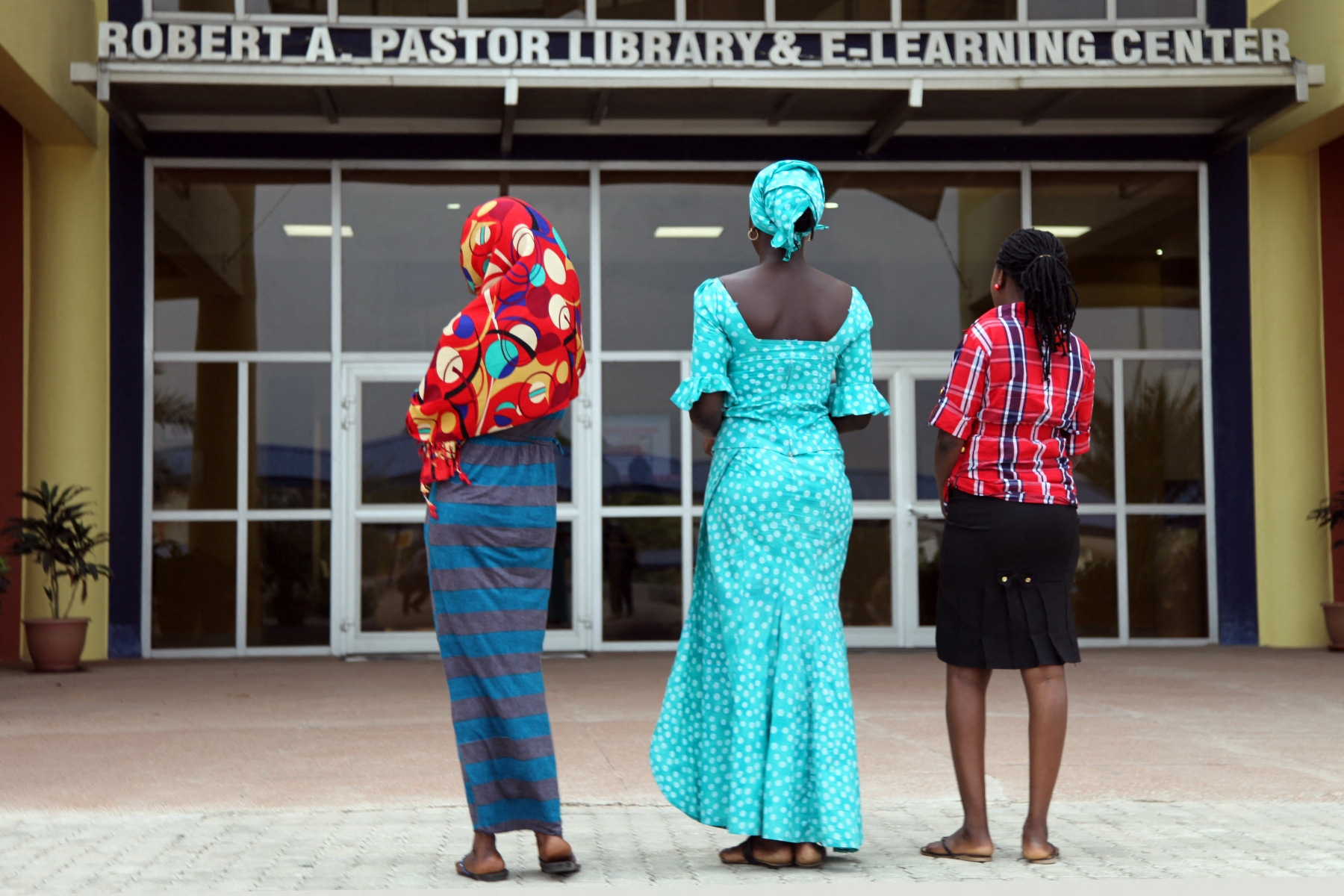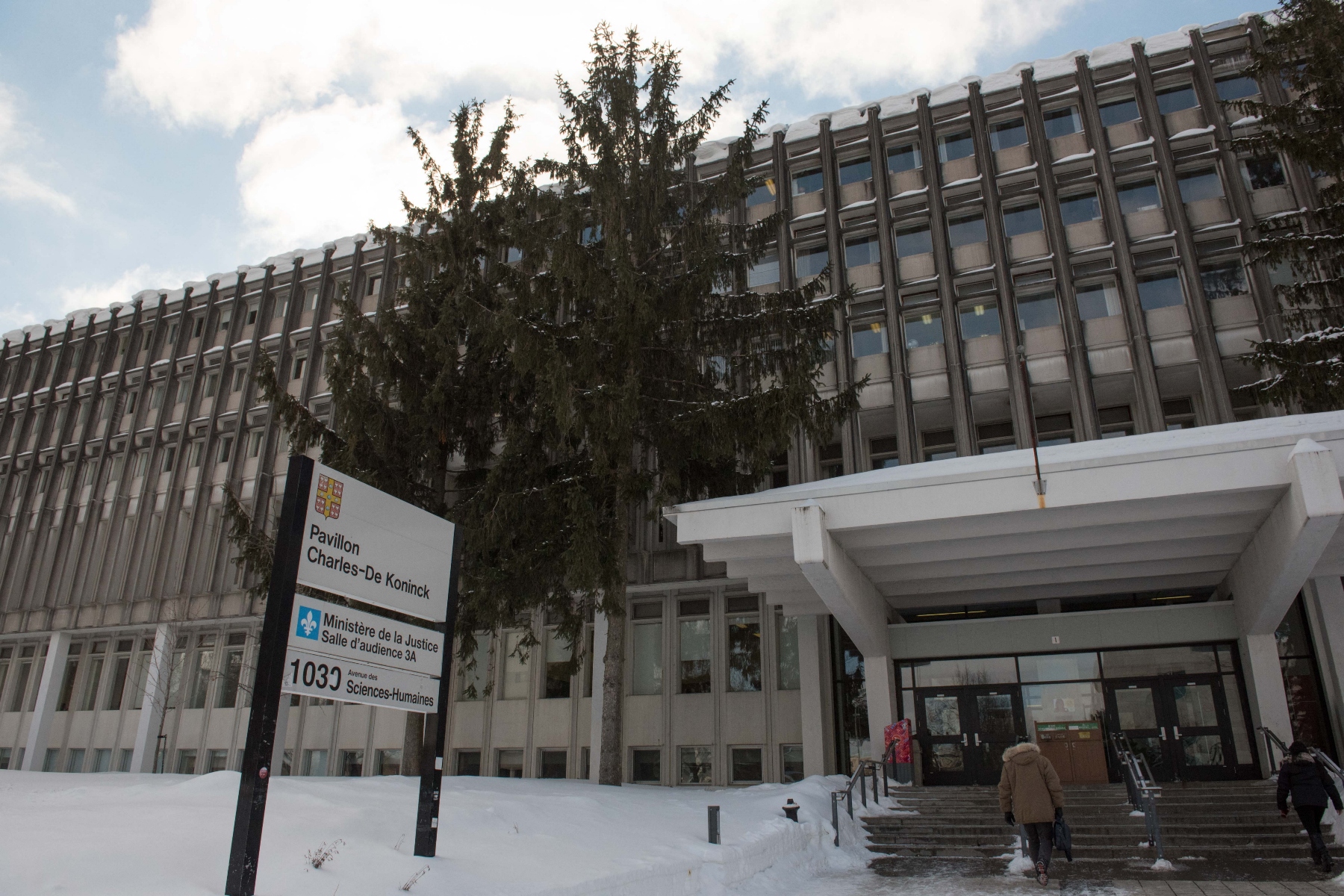
This year’s QS World Rankings saw no Nigerian universities making the list. Out of the country’s six institutions featured on the website, only two can be found in the QS World Rankings By Subject 2022 list: the University of Lagos’ Medicine programme (601st to 650th) and the University of Ibadan’s Engineering programme (151st to 160th).
Nigerian universities’ “absence” from university rankings is nothing new. BusinessPost reported in 2017 that out of the 959 universities that were ranked on QS World Rankings 2018, zero Nigerian institutions made the list.
This absence has not gone unnoticed — Nigerian parents are sending their children abroad in droves for their education. According to Immigration, Refugees and Citizenship Canada (IRCC), the number of new study permits for Nigerian students increased by 30.3% to 13,745 from 10,550 in the year 2020, making it the ninth most popular source country for international talent.

Most Nigerian students are aiming for study abroad opportunities and prefer foreign institutions to their local universities. Source: Emmanuel Arewa/AFP
Nigerian students favour an international education
A 2022 report released by The Nigeria Market Sentiments and Study Motivations found that a whopping nine out of 10 Nigerian students are currently seeking opportunities to study abroad, with the UK being the most preferred study destination.
The survey found that among 4,008 respondents, two-thirds were interested in pursuing their undergraduate degrees abroad while one-third were on the lookout for graduate programmes.
Several factors contribute to Nigerian students’ interest in international education: terrorism, never-ending university strikes, a 42.5% youth unemployment rate, police brutality, and an underwhelming investment into local tertiary education.
Opportunities for permanent residency or post-study work options are also a driving force, said the survey.

Canada imported as many as 13,475 Nigerian students this year. Source: Alice Chiche/AFP
Are Nigerian universities the problem?
Nigeria is losing talented citizens to other countries, a problem that is worrying the government.
Garba Shehu, Nigerian President Muhammadu Buhari’s media aide, went on record to say that the government is working on stabilising “university education in the country so that parents don’t have to pay exorbitantly to educate their children abroad”.
The senior special assistant was quoted to have said that there is no need for parents to fall for the promise of discounted rates from foreign institutions. “I will say that Nigerian universities are equally as good and even better,” he told the People’s Gazette.











